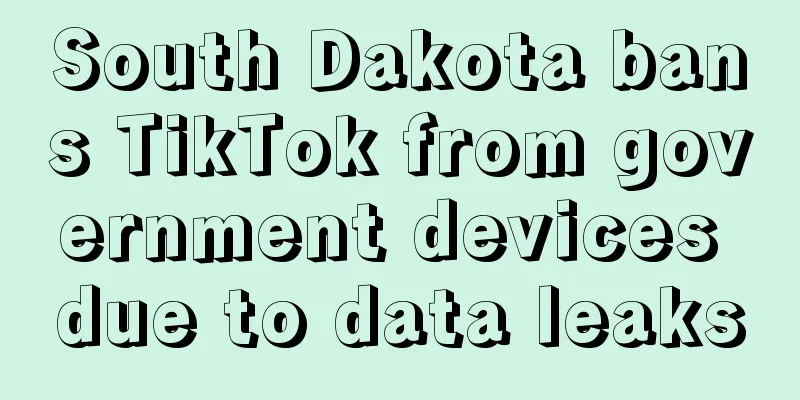What is the solidarity surcharge? Solidarity surcharge review

|
Solidarity surcharge (Solidaritätszuschlag also known as "Soli"), the East-West German solidarity tax. Initially levied from 1991 for only one year, the solidarity surcharge was originally intended to finance the various "extra burdens" resulting from the Gulf conflict that year, as well as support for Central, Eastern and Southern European countries and support for German reunification. After a two-year suspension in 1993 and 1994, Germany began to levy a solidarity surcharge across Germany again in 1995. Since 1995, the solidarity surcharge (indefinitely) levied to cover the costs of German reunification has existed to this day. Since 1998, the tax rate has been 5.5% of income tax. Glossary of national German nature Basic Information Solidarity surcharge (Solidaritätszuschlag also known as "Soli"), the East-West German solidarity levy. Initially imposed for one year in 1991, the solidarity surcharge was originally intended to finance the various "extra burdens" arising from the Gulf conflict that year, as well as support for the countries of Central, Eastern and Southern Europe and for German reunification. After a two-year suspension in 1993 and 1994, the solidarity surcharge was imposed again throughout Germany in 1995. Since 1995, the solidarity surcharge has been in place (indefinitely) to cover the costs of German reunification. Since 1998, the rate has been 5.5% of the income tax. Object of levy Both individuals and enterprises are subject to this additional tax, and the tax base is the income tax payable by individuals and enterprises in the same period, with a tax rate of 5.5%. However, individuals are only subject to a solidarity surcharge if their monthly tax payments exceed €81 (for individuals with I, II, IV, V, VI tax cards) or €162 (for individuals with III tax cards). calculate The solidarity surcharge is levied on 5.5% of the corporate income tax and personal income tax assessment amount; the calculation of the solidarity surcharge for individuals is also affected by two important factors, namely Kinderfreibetrag (child tax exemption) and BEA-Freibetrag (Freibeträge für Betreuungs-, Erziehungs- oder Ausbildungsbedarf tax exemption for care, education, etc.) status quo [1] German Vice Chancellor and Finance Minister Olaf Scholz said on the 14th that the German government has reached an agreement to mostly stop levying the "solidarity surcharge" aimed at supporting economic development in the eastern region from 2021. Scholz said that according to different income conditions, 90% of taxpayers in Germany will not have to pay the "solidarity surcharge" from 2021, 6.5% of taxpayers will pay a reduced amount of "solidarity surcharge", and 3.5% of taxpayers will pay the "solidarity surcharge" at the original amount. In recent years, there have been calls in Germany to abolish the "solidarity surcharge". Some taxpayer organizations believe that the "solidarity surcharge" has made some projects overly dependent on subsidies and has failed to promote the development of the eastern region. Reducing the "solidarity surcharge" can free up this part of the funds and allow them to enter the consumption and other investment areas. References
|
<<: What is Teikametrics? Teikametrics Review
>>: What is Thesaurus? Thesaurus Review
Recommend
Another big seller account is down! Amazon officially responded: We will strictly investigate illegal review behaviors!
This year, the cross-border e-commerce industry ha...
What is CSA certification? CSA certification evaluation
CSA is the abbreviation of Canadian Standards Asso...
YouTube traffic diversion outside of Xiaoxiao Store, celebrity positioning and screening
YouTube videos play a relatively important role f...
Amazon has become the third largest advertising platform. Sellers need to understand its 4 advertising formats!
Amazon Advertising’s market share is growing expon...
Target focuses on logistics! A new round of internal competition in US e-commerce is coming
It is learned that amid high inflation and the gra...
What is ConstantContact? ConstantContact Review
ConstantContact is one of the most trusted email m...
To get Amazon's flash sale recommendation, you must meet the following conditions!
In recent years, Amazon has been stricter about c...
What is Sichuan Intellectual Property? Sichuan Intellectual Property Review
Shenzhen Chuannuo Intellectual Property Co., Ltd. ...
What is Go Global Gem? Go Global Gem Review
Go Global Gem is a Singapore-based one -stop busin...
What is Joyingbox? Joyingbox Review
Joyingbox is committed to building a future-orient...
Etsy's Q1 2023 financial report exceeded expectations, and active buyers resumed year-on-year growth
It is learned that on May 4, Etsy released its fir...
What is ThredUp? ThredUp Review
ThredUp is a second-hand clothing consignment webs...
What is Nippon Express? Nippon Express Review
Nippon Express is a brand of Nippon Express. It is...
840 million! Sweeping the world! Tiktok becomes the most profitable software
According to application analysis company Data·ai:...
Google Store will add new features to search results! Sellers can mark shipping and return dates!
It is learned that Google recently announced that ...









